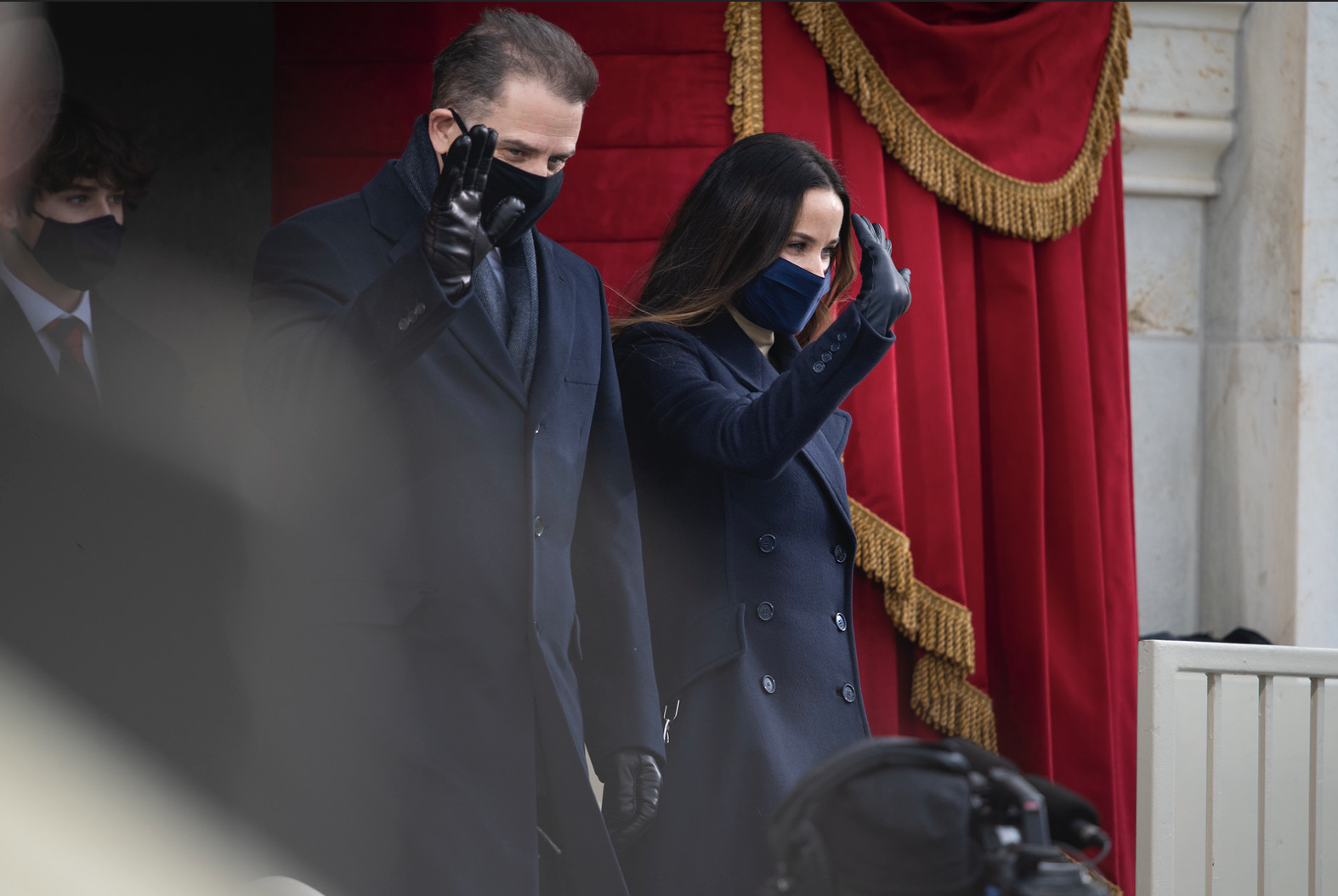
President Joe Biden has issued a full and unconditional pardon for his son Hunter Biden. Hunter Biden was found guilty in June 2024 for lying about his drug use when purchasing a gun, and he was convicted again in September 2024 for purposely avoiding paying over $1m in income tax. At the time of his pardon, Hunter had not been sentenced for either crime. In his statement, President Biden argued that his son had been selectively prosecuted in an attempt to make the President look bad in the run up to the 2024 presidential election.
The pardon came rather unexpectedly, as President Biden had categorically ruled out the possibility of pardoning his son on several occasions. Once news broke, concerned were raised from both sides of the political spectrum, with the democratic governor of Colorado, Jared Polis, condemning the decision for creating a ‘bad precedent’. President-elect Donald Trump also condemned the decision, despite having previously said he would not rule out the idea of pardoning Hunter Biden as president.
Article II, Section 2, Clause 1 of the US constitution outlines the power of the presidential pardon, stating that the president shall have the ‘Power to grant Reprieves and Pardons for Offences against the United States’. At the end of each President’s term, it has become tradition for Presidents to issue a set of pardons, although technically Presidents can issue pardons whenever they like.
Despite the criticisms, President Biden isn’t the first president to pardon family members. Bill Clinton pardoned his half-brother for drug charges, and Donald Trump pardoned Charles Kushner, father to his son-in-law Jared Kushner, for ‘witness tampering, tax evasion, and illegal campaign contributions’, and has since appointed Charles as his ambassador to France. However, the individuals pardoned by Clinton and Trump did serve time in prison.
President-elect Donald Trump is also expected to issue some controversial pardons himself once he takes office in January. Throughout his campaign, Donald Trump alluded to the possibility of pardoning the majority of those involved in the January 6th Capitol riots. However, unlike Hunter Biden, many of the Capitol rioters are facing violent charges, and Donald Trump has not commented on whether he would maintain the sentences on these individuals.
The concerns raised by the Hunter Biden pardon and the possible January 6 pardons shed light on the far-reaching implications of this presidential power which, coupled with the recent US Supreme Court decision on presidential immunity has the potential to create a dangerous situation. A professor at the University of Baltimore Law School raised concerns that a president could now effectively encourage someone to commit a crime on their behalf and then pardon them after.
This expansion of presidential power demonstrates the changing nature of the executive branch of government. Given the Republican control of the House, the Senate and the Presidency, we are likely to see an increased use of executive power which it is doubtful that the conservative Supreme Court will block. With no limits on presidential pardons could we be about to see the first President to pardon himself? Only time will tell. While Trump has stated that he won’t pardon himself, it wouldn’t come as an all out shock given the nature of broken promises that form the base of presidential terms.
Image: ‘Hunter and Ashley Biden Attend the 59th Inauguration Ceremony’, Navy Petty Officer 1st Class Carlos M. Vazquez II, 2021 // CC BY 2.0



Average Rating